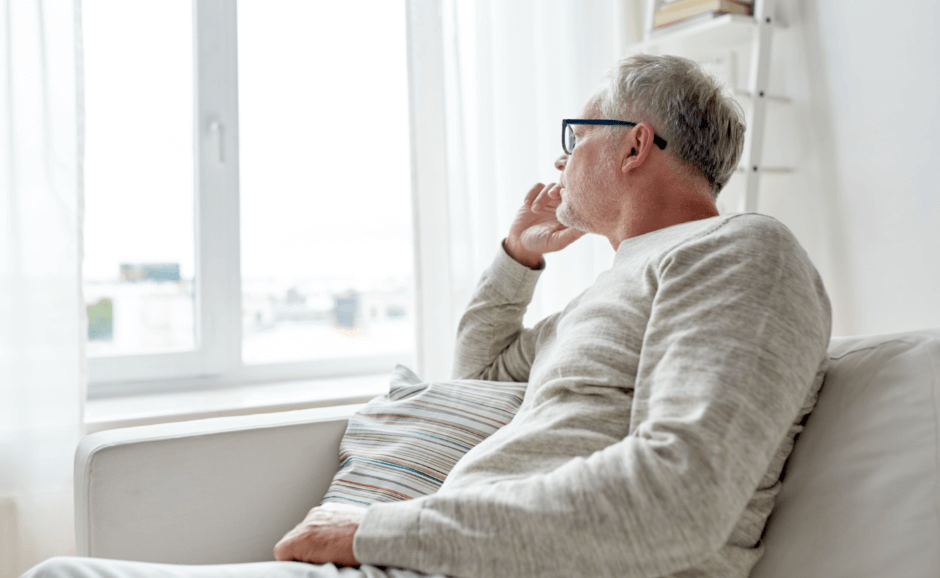What is Loneliness?
Loneliness is an experience that occurs when an individual’s social relationships are felt to be lower in quantity and quality than they desire. Although it is not defined as a mental health problem, it can significantly impact our mental health. Feeling lonely can be hard to talk about. It can be especially hard if you have felt this way for a long time.
Many people today are feeling the effects of loneliness, perhaps even more so since Covid-19. Research by The Mental Health Foundation found that one in every four adults in the UK have experienced loneliness during the pandemic.*
Common misconceptions of loneliness mean it is often described as periods of solitude or being on your own. It is, however, a state of mind.
VeryWellMind suggest that people who are lonely crave contact with others, but that their state of mind is stopping them from forming deeper connections. This can consequently cause a vicious cycle and be frustrating for those trying to find a way out.**
Who does it affect?
Research suggests that loneliness can affect anybody of any age, but there are some people who are more vulnerable than others.***
Some examples of these are:
- Those that are estranged from their family
- Those that have no friends
- Those that are excluded from social events and;
- Those that are discriminated against
Tips for managing loneliness
The mental health charity Mind have some tips on how to manage loneliness and some things you can try to get further support. ****
- Befriending services – There are various charities that offer telephone befriending services, which puts volunteer befrienders in touch with people that are feeling lonely
- Join an online community or group based on your interests to meet likeminded people. These communities not only provide a space to feel heard, but they also enable connections with others that are having similar experiences. Most of these communities are free to join and are accessible to anybody, anywhere
- Talking therapies – These can help you to both understand and explore your feelings and can help you to develop positive ways of coping
- CBT – Cognitive Behavioural Therapy is a therapy based on the theory that thoughts, feelings, what we do and how our body feels are all connected. If we learn how to change one of these, we can alter the others.
Further support available
At The Eaves, our therapists are available to support you. Being able to talk openly about how you are feeling can consequently build confidence and give you the tools you need to increase your social interactions and reduce loneliness. Our practices are in Guildford, Godalming and Farnham as well as online.
Our professionals see individuals of all ages, families, couples and young people 12 hours a day, Monday to Saturday between 9am and 9pm. Please call 01483 917000 to speak to a member of the referrals team. You can also send us an enquiry via our website. Click here to find out more.
References
*https://www.mentalhealth.org.uk/
**https://www.verywellmind.com/loneliness-causes-effects-and-treatments-2795749
*** https://www.mind.org.uk/information-support/tips-for-everyday-living/loneliness/about-loneliness/

